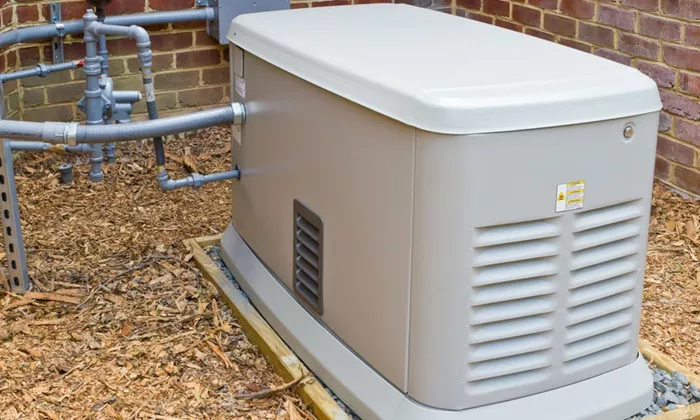Power outages can disrupt daily life, making a reliable home generator essential. Whether for emergencies or regular use, choosing the best value generator requires understanding key features, fuel types, and power needs. This guide explores top-rated options while explaining technical aspects in simple terms.
Why You Need a Home Generator
Home generators provide backup power during blackouts, keeping essential appliances running. They are especially useful in areas prone to storms, hurricanes, or unreliable grids. Investing in the right generator ensures safety, comfort, and convenience.
Types of Generators for Home Use
Portable Generators
- Affordable and versatile
- Powered by gasoline, propane, or diesel
- Ideal for short-term outages (12–24 hours)
- Requires manual setup and fueling
Inverter Generators
- Quieter and more fuel-efficient
- Produces clean power (stable voltage) for sensitive electronics
- Best for RVs, camping, and small homes
Standby Generators
- Permanent installation with automatic power switching
- Runs on natural gas or propane
- Powers the entire home during extended outages
- Higher cost but most reliable
Key Features to Consider
Power Output (Wattage)
Starting Watts: Extra power needed when appliances start (e.g., refrigerators, AC units).
Running Watts: Continuous power required to keep devices running.
Calculation Tip: Add up the wattage of essential appliances (fridge: 600W, lights: 100W, etc.) to determine the right generator size.
Fuel Type and Efficiency
Gasoline: Readily available but less efficient for long-term use.
Propane: Cleaner burning and stores longer than gasoline.
Diesel: More durable and efficient for heavy-duty use.
Natural Gas: Unlimited supply if connected to a gas line (best for standby generators).
Noise Level
- Measured in decibels (dB).
- Inverter generators (50–60 dB) are quieter than conventional models (70+ dB).
Run Time and Fuel Tank Capacity
- A larger fuel tank means longer operation but increases weight.
- Look for eco-mode features to extend runtime.
Safety Features
- Automatic Voltage Regulation (AVR): Prevents power surges.
- Low-Oil Shutoff: Protects the engine from damage.
- GFCI Outlets: Reduces electric shock risks.
Top 5 Best Value Home Generators
Champion 3800-Watt Dual Fuel Generator
- Type: Portable
- Fuel: Gasoline/Propane
- Pros: Affordable, reliable, and dual-fuel capable
- Cons: Noisy compared to inverter models
Honda EU2200i Inverter Generator
- Type: Inverter
- Fuel: Gasoline
- Pros: Ultra-quiet, lightweight, and fuel-efficient
- Cons: Limited wattage for larger homes
Generac GP6500 Portable Generator
- Type: Conventional Portable
- Fuel: Gasoline
- Pros: High power output, durable
- Cons: Heavy and loud
Westinghouse WGen9500DF Dual Fuel
- Type: Portable
- Fuel: Gasoline/Propane
- Pros: High wattage, remote start, and long runtime
- Cons: Bulky and expensive
Kohler 20RESCL Standby Generator
- Type: Standby
- Fuel: Natural Gas/Propane
- Pros: Automatic operation, whole-house coverage
- Cons: Requires professional installation
Maintenance Tips for Longevity
- Regular Oil Changes: Every 50–100 hours of use.
- Fuel Stabilizer: Prevents clogging in stored gasoline.
- Battery Check (for standby models): Ensure it’s charged.
- Clean Air Filters: Improves efficiency.
Conclusion
Choosing the best value generator depends on power needs, budget, and fuel preference. Portable generators offer affordability, while standby models provide seamless backup power. By understanding wattage requirements, fuel types, and safety features, homeowners can make an informed decision.
For occasional outages, an inverter generator like the Honda EU2200i is ideal. For whole-house coverage, the Kohler 20RESCL is a premium choice. Whatever your needs, investing in a reliable generator ensures peace of mind during power failures.
By following this guide, you’ll find the perfect balance between cost, performance, and durability—ensuring the best value for your home.

